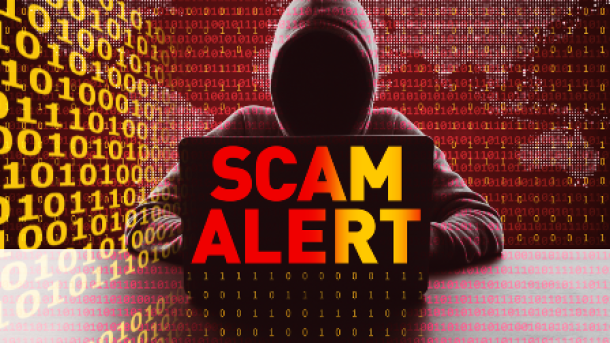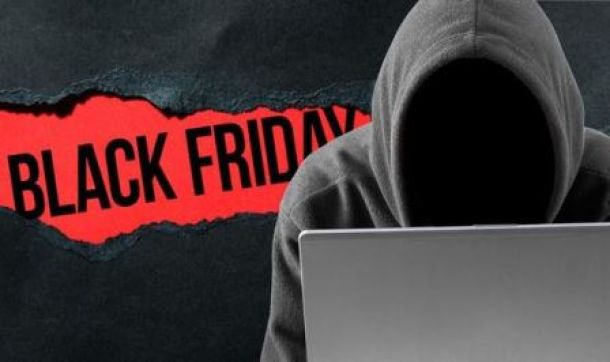A new way scammers target small businesses in South Africa
A Fin24 user almost fell prey to a scam targeting his small business. The local businessman who specialises in the sale and installation of solar panels, was alerted when payment for goods by the scamster, who posed as customer, was not cleared by his bank.
The bank found that the scamster emailed a fraudulently prepared Electronic Funds Transfer (EFT) as proof of payment for goods bought. The payment was not an EFT, but a cheque deposit.
The Fin24 reader refused to deliver goods until payment was cleared, the cheque bounced a couple of days later. The scamster could not be reached after the user tried to contact him again.
The only loss to the user was the bank charges for the bounced cheque, which came to R180.
The user alerted Fin24 to this scam to warn small business owners. “With small businesses you can pick up quickly when you don’t have funds available,” he said. Bigger businesses with bigger bank accounts often don’t always notice the funds coming in and out of the business.
The user added his background in the banking industry, prior to starting his business helps him stay on top of things.
How it works
The scamsters pretend to be a potential new customer by enquiring about the business’s products, then placing an order for a significant amount. Payment for the order is made with a fraudulent cheque after the invoice is issued.
An “unsuspecting” business employee will confirm the payment by checking that the amount of the EFT proof of payment reflects as a deposit in the bank account. They do this without noticing it is a cheque deposit and not an EFT, cautioned the user.
The scamster will either call back the business and demand urgent collection or delivery of the goods. Once the goods are delivered or collected, the scamster disappears. The deposited cheque takes a few days before it is cleared, and by the time that the business realises that they have been scammed, the fraudster is gone forever, he said.
Another option is when the scamster cancels the order and demands a refund and may even threaten to take legal action to have this done promptly. The money is then refunded by the business and by the time the cheque is returned, the scamster is already gone.
Sometimes, scamsters already have obtained the business’s bank details and make a cheque deposit to the business account. They contact the business to indicate that the deposit was mistakenly made and request a refund.
Scamsters also pose as SARS officials explaining that they had overpaid a tax return or VAT refund and demand a refund.
Previously Fin24 reported on a warning issued by Sars on scamsters posing as representatives and then demanding outstanding payments on undeclared taxes.
News Category
- International retailers
- On the move
- Awards and achievements
- Legislation
- Wine and liquor
- Africa
- Going green
- Supplier news
- Research tools
- Retailer trading results
- Supply chain
- Innovation and technology
- Economic factors
- Crime and security
- Store Openings
- Marketing and Promotions
- Social Responsibility
- Brand Press Office
Related Articles

Steps to stop shoplifting in your business

Beware of scam artists during the festive seaso...

Shoprite crackdown: Criminals get 24 life sente...

Top scams to watch out for as you enjoy this ye...


